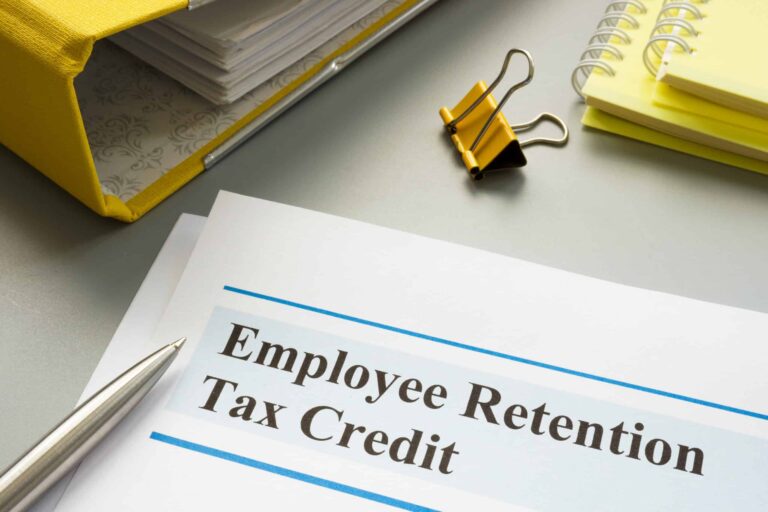The Internal Revenue Service (IRS) has unveiled a new voluntary disclosure program, giving employers a chance to rectify mistakes made with the Employee Retention Credit (ERC). This program allows businesses that received the credit but may not have fully qualified to repay it at a discounted rate and avoid potential interest and penalties.
Background
Established during the COVID-19 pandemic, the ERC was designed to incentivize businesses to retain employees facing economic hardship. Businesses could claim refundable tax credits for eligible wages paid to employees during qualifying periods. However, some businesses, lured by aggressive marketing or misinterpretations of the rules, may have inadvertently claimed the credit without meeting all the criteria.
How does the disclosure program work?
The ERC Voluntary Disclosure Program is a limited-time opportunity for employers to come clean and resolve any potential liabilities related to questionable ERC claims. Key details include:
- Discounted repayment: Accepted applicants only need to repay 80 percent of the erroneously claimed credit amount.
- No penalties or interest: The IRS waives penalties and interest on repaid amounts.
- Interest income exclusion: Employers do not have to repay IRS interest income received from the ERC refund claim.
- Limited window: Applications must be submitted by March 22, 2024.
- Eligibility requirements: To qualify, businesses must not be under criminal investigation or an employment tax audit related to the ERC, and they must not have previously received a notice demanding full repayment.
- Who should consider the disclosure program?
Businesses with any doubts about their ERC eligibility should strongly consider this program. This includes businesses who:
- Received the credit based on questionable interpretations of the eligibility requirements.
- Were unsure about the accuracy of the information they used to claim the credit.
- Were misled by promoters who provided inaccurate or incomplete information about the ERC.
- What does this mean for the future of ERC?
The IRS’s focus on questionable ERC claims highlights the importance of careful due diligence when claiming tax credits. Businesses should ensure they fully understand the eligibility requirements and seek professional guidance if unsure. This program represents a second chance for those who made mistakes, but it also serves as a warning to those considering fraudulent claims.
If you have concerns about potentially ineligible ERC claims, consult with your Windham Brannon tax advisor and consider participating in the IRS’s voluntary disclosure program to avoid future complications. For further questions and information, you can also contact Tomika Bullet.



